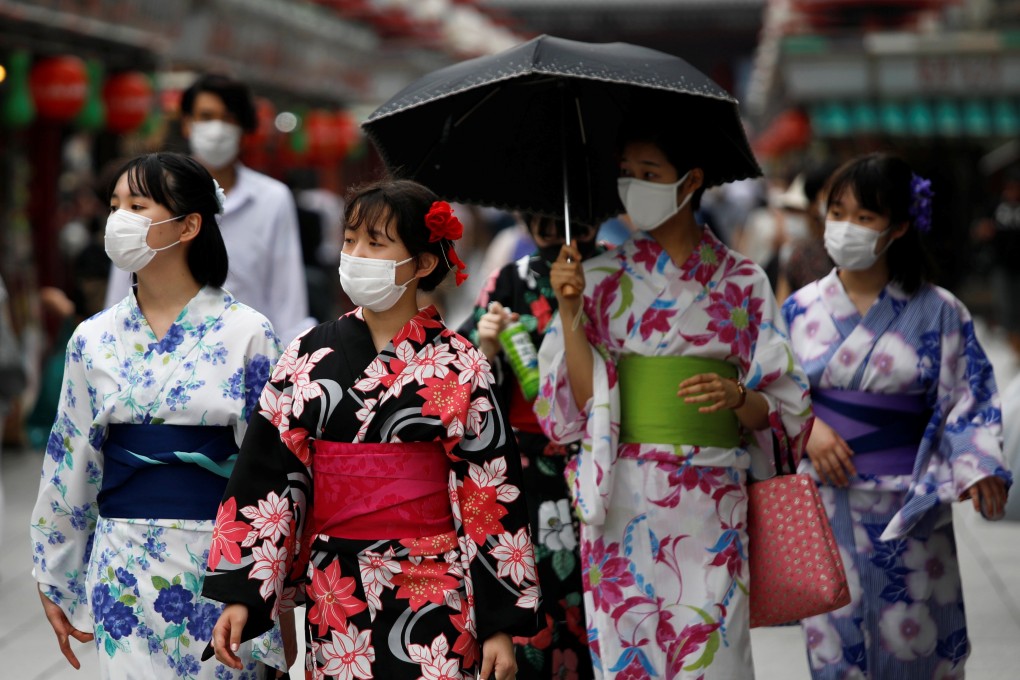‘Parasite singles’ to ‘free from pressure’: how Japanese women blazed a trail for China’s ‘Little Sisters’
- Women now make up the majority of Japan’s workforce and are driving consumer spending
- But while brands are paying attention, society has yet to recognise the full extent of their economic contributions

Each week, Miho Arai visits the local mall to shop for herself and her family. While the 55-year-old nursery schoolteacher living in Tokyo primarily buys groceries and other household items, she also enjoys looking at products for herself both online and offline.
Her most memorable purchase is a luxury handbag she bought with her own salary several years ago.
“It was a pink Gucci handbag that I bought at a department store,” she says. It cost around US$500. “I used it on the weekends and on special occasions for many years.”
Arai is among the 29.46 million women who now make up the majority – 51.3 per cent – of the nation’s workforce, according to government figures from last year, and their numbers are growing. Over the past decade the number of women in work grew by 1.9 million, while the number of men shrunk by 990,000, according to Bloomberg. Women also account for a majority of the population (51 per cent).
At the same time, women are increasingly driving consumer spending. Consulting firm Mckinsey last year estimated that growing the number of women in the workforce could help boost Japan’s GDP growth by up to 6 per cent. A survey by the company found 88 per cent of female respondents across Asia said they were the primary purchasers of everyday household items.

